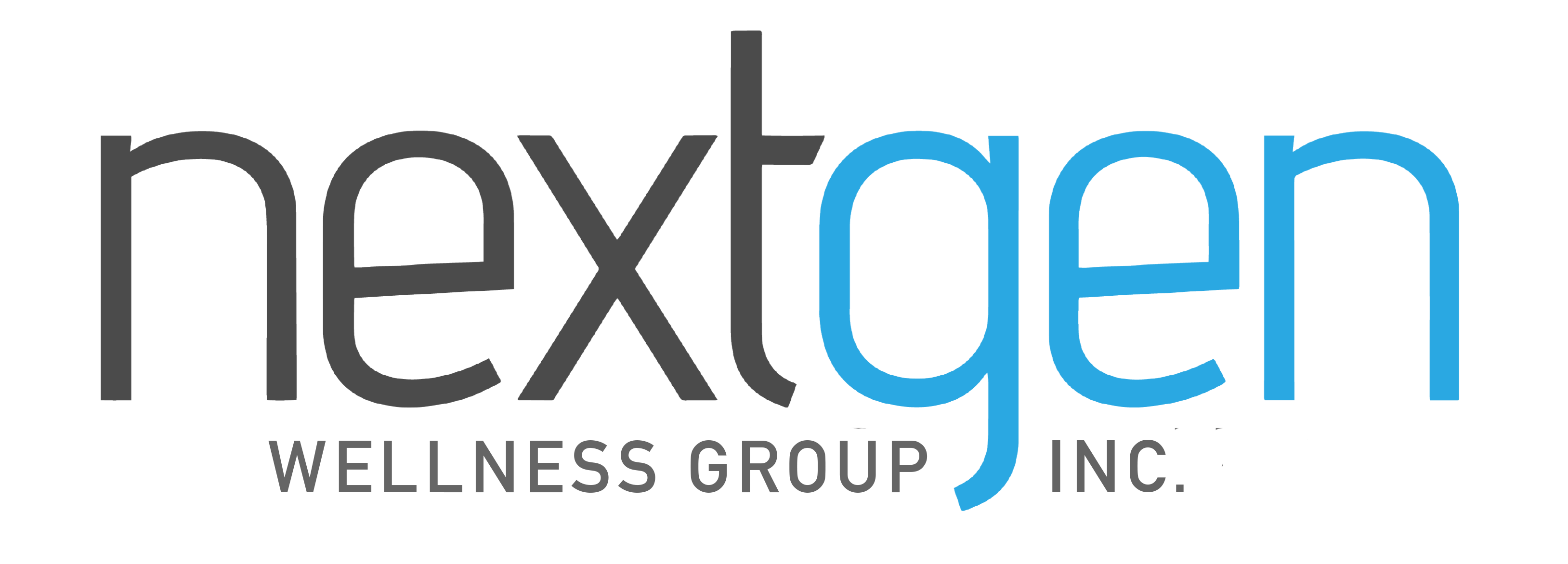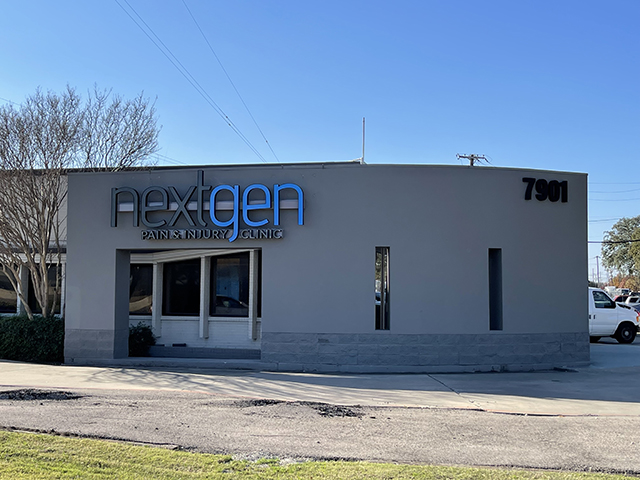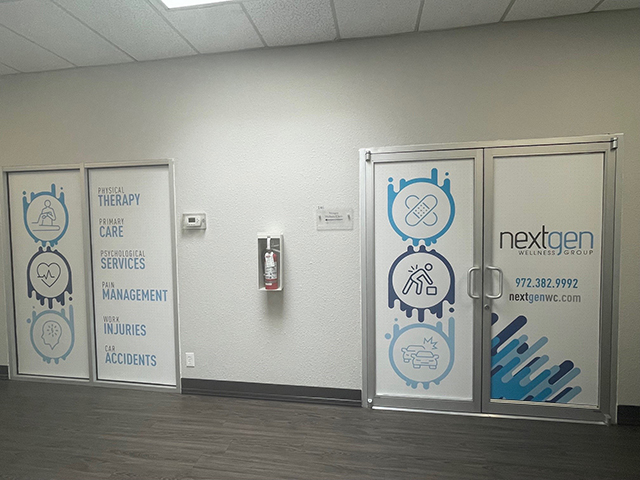Conditions & Services
Pain Management
Auto Injury
Workplace Injury
Personal Injury
Neck & Back Injury
Knee Pain
Joint Pain
Regenerative Medicine
Physical Therapy
Aquatic Therapy
Vestibular Rehab
Traumatic Brain Injury
We’re Always Just Around the Corner.
Our clinics are conveniently located to provide care for the DFW area.
Arlington, TX
801 Road to Six Flags West, Suite 146
Arlington, TX 76012
Click to Call Arlington Office


